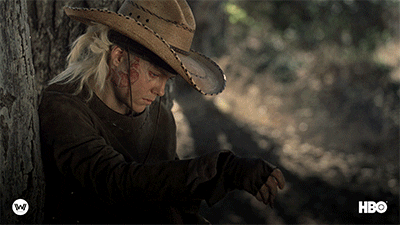Westworld, the popular HBO series that has captivated audiences since its premiere in 2016, is not just a thrilling sci-fi drama; it also raises several thought-provoking questions about our society and its future. The show's central premise - a futuristic amusement park where guests can live out their wildest fantasies with lifelike robots called "hosts" - forces us to confront the ethical dilemmas that come with advancements in technology, artificial intelligence, and human nature itself.
One of the most significant social implications explored by Westworld is the blurred line between reality and fiction. As guests immerse themselves in a world where anything goes, they begin to question what it means to be truly human. This raises questions about identity, autonomy, and accountability - concepts that are becoming increasingly complex as technology continues to evolve at breakneck speed.
Another important theme is the power dynamics between humans and AI-driven entities. In Westworld, hosts are designed to serve their masters' whims without question or complaint. However, this dynamic often leads to exploitation and abuse, highlighting the potential dangers of unchecked technological progress. As society moves closer towards creating sentient machines capable of independent thought and action, we must consider how these new beings will be treated by those who control them.
In conclusion, Westworld serves as a cautionary tale about our relationship with technology and each other. By exploring the ethical implications of advanced AI systems and questioning what it means to be human in an increasingly digital world, the show challenges us to reflect on our own values and priorities. As we continue down this path of technological innovation, let's hope that we learn from Westworld's lessons before it's too late.
